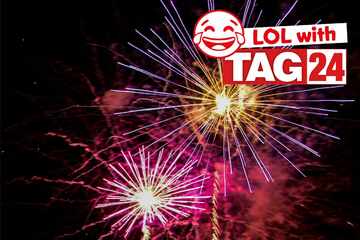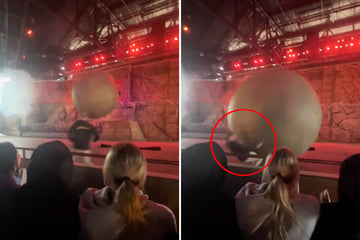Nobel Peace Prize shines light on rights activists amid Ukraine war
Oslo, Norway - This year's Nobel Peace Prize went to activists in Belarus, Russia, and Ukraine, honoring groups who have researched human rights abuses even as Ukraine fights off a Russian invasion that has prompted allegations of widespread war crimes.
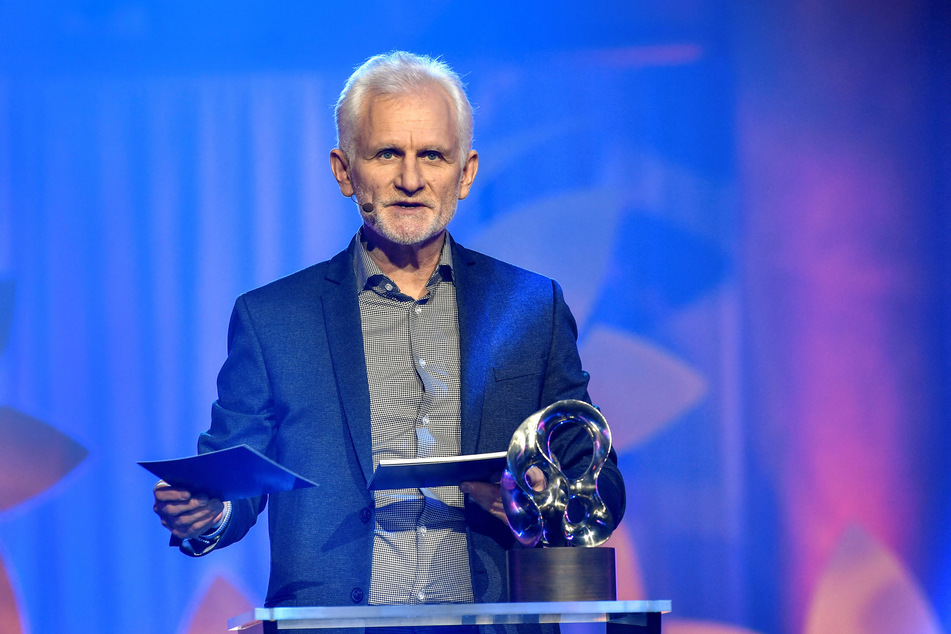
The award goes to Belarusian activist Ales Bialiatski, Russian human rights group Memorial, and the Ukrainian organization Center for Civil Liberties, the Norwegian Nobel Committee announced on Friday.
"They have for many years promoted the right to criticize power and protect the fundamental rights of citizens. They have made an outstanding effort to document war crimes, human rights abuses and the abuse of power," said committee chairperson Berit Reiss-Andersen as she announced the prize.
Bialiatski helped found the human rights group Viasna and is currently in detention.
Memorial was established after the collapse of the Soviet Union to study that era's human rights abuses. It was ordered to dissolve late last year for violating Russian law.
Ukraine's Center for Civil Liberties, founded in 2007, has documented human rights abuses since Russia initiated hostilities against Ukraine in 2014.
Russia launched a full invasion of Ukraine in February and is seeking to lay claim to large chunks of the country's east. Belarus has provided assistance to Russia in its war effort.
Award coincides with Putin's birthday
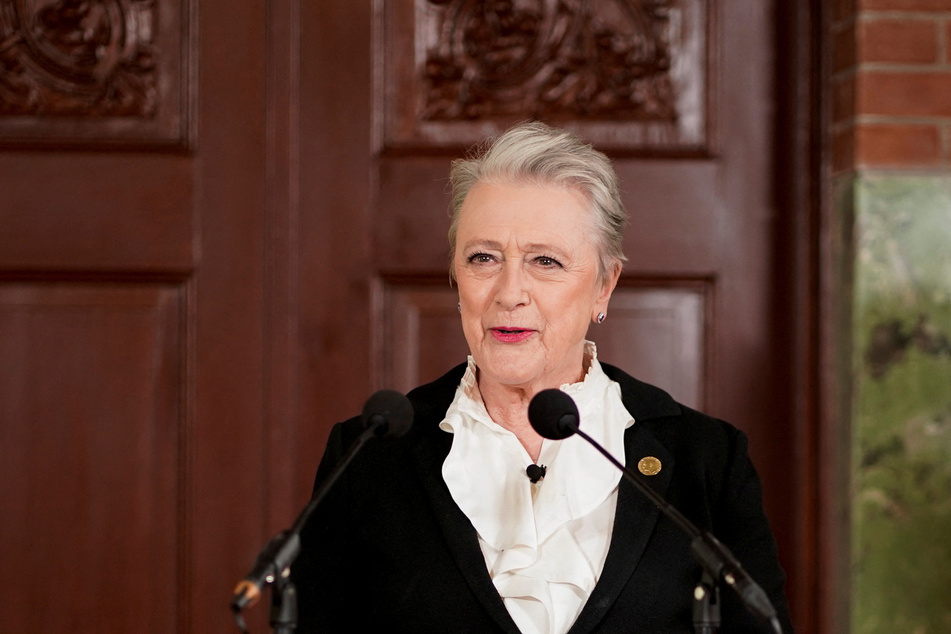
This year's award coincides with the 70th birthday of Russian President Vladimir Putin.
"This prize is not addressing president Putin, not for his birthday or in any other sense," except as the leader of an authoritarian government that is suppressing human rights activists, Reiss-Andersen said in response to a journalist's question.
"We always give a prize for something and to somebody, not against anyone," she added.
The committee is particularly concerned about Bialiatski, who was being detained under very hard conditions, Reiss-Andersen said.
"We do pray that this prize will not affect him negatively, but we hope it might boost his morale," she added.
Bialiatski, who has been in detention for more than a year, has long fought for democracy and freedom in Belarus. He and his rights group achieved international recognition amid mass protests following the 2020 presidential election, widely seen as rigged.
In 2020, Bialiatski was awarded the Right Livelihood Award, commonly referred to as the Alternative Nobel Prize.
Belarusian opposition leader Svetlana Tikhanovskaya praised Bialiatski as the "pride of Belarusians. Now that is known across the entire world," she wrote in her Telegram channel. Experts had also tipped her as a favorite for the award.
Ukrainian and Russian rights groups selected for the award
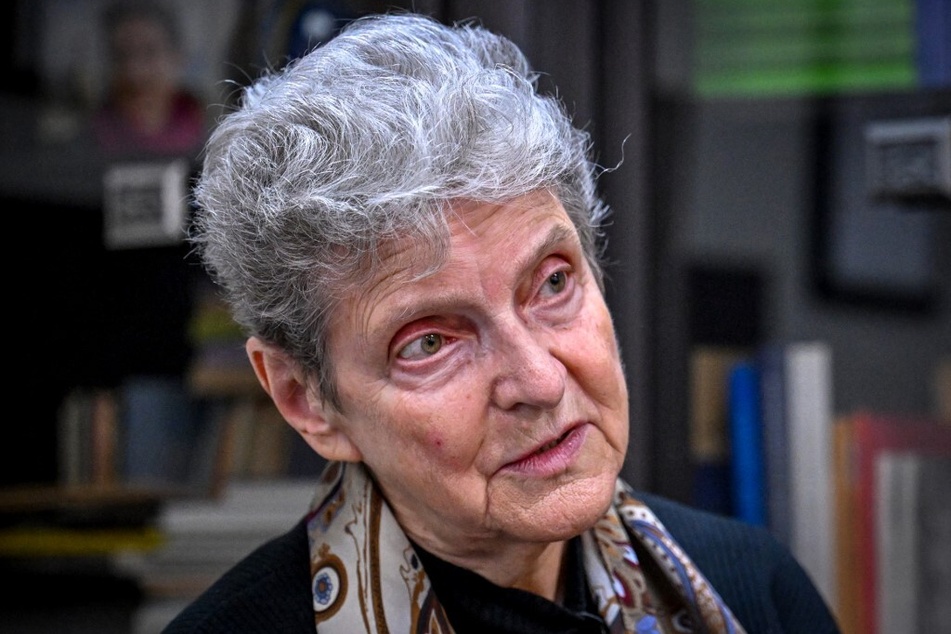
Memorial, founded in 1987, led the small but vocal movement in Russia seeking to process the violent repression and deaths of millions in prison camps under the Soviet government. It also campaigned for the release of political prisoners in modern-day Russia.
Memorial has continued several of its projects in different guises after being finally dissolved this year.
Memorial co-founder Svetlana Gannushkina said she was "overjoyed" at the award. "This is a great tribute to those people in Russia who do not support this terrible war against our neighbor Ukraine," she told dpa, adding: "Many are ashamed of their country."
Ukraine's Center for Civil Liberties has drawn attention to the plight of Ukrainian prisoners since the start of Russia's invasion, demanding their release.
It had previously documented human rights abuses in Crimea, which Russia annexed in 2014, and in other occupied territories. It also regularly denounces human rights violations in neighboring Belarus.
The Stockholm International Peace Research Institute (SIPRI) praised this year's choices.
"I think the peace committee is giving a message that human rights, civil liberties and an active civil society are parts of peace," SIPRI director Dan Smith told dpa.
"This is about more than just about Putin and the Ukraine war," Smith added.
Earlier this week, the Nobel Committee announced the prizes in medicine, physics, chemistry, and literature. On Monday, it will wrap up this year's awards with the economics prize – the only one not listed in the will of Alfred Nobel, the inventor of dynamite.
This year's prizes are once again rewarded with $900,000 per category.
The official award ceremony takes place on December 10, the anniversary of Nobel's death.
Last year's peace prize winners were two journalists, Maria Ressa from the Philippines and Dmitry Muratov from Russia, for their efforts to safeguard freedom of expression.
Cover photo: Collage: REUTERS
